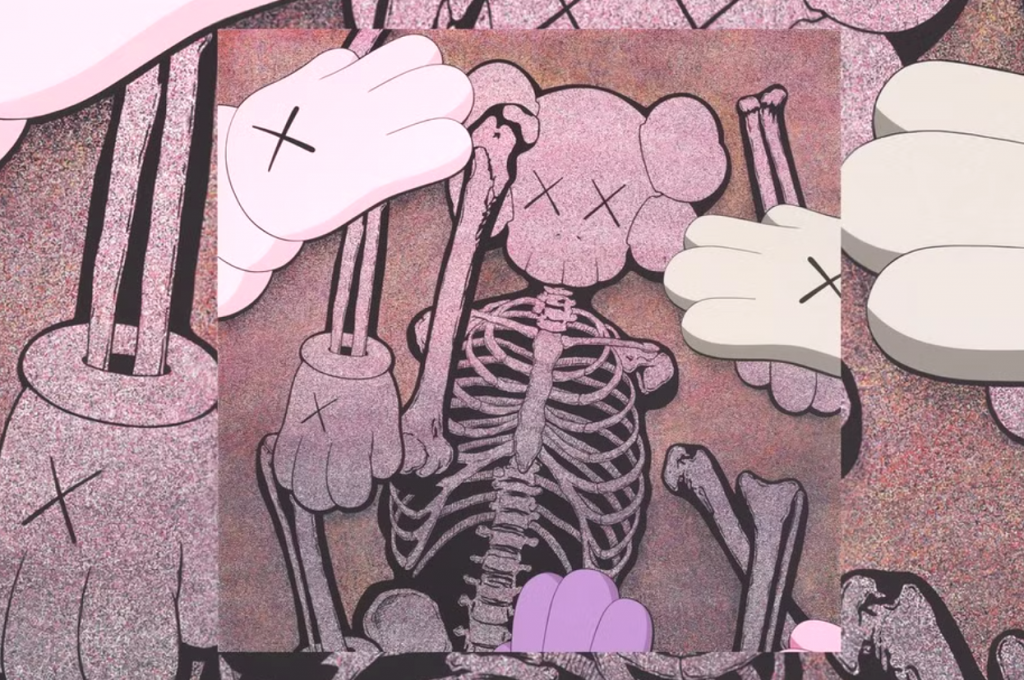 For anyone unfamiliar, Clipse are Virginia Beach brothers Terrence “Pusha T” and Gene “Malice” Thornton, the duo that turned coke-rap into high art on early-2000s landmarks Lord Willin’ and Hell Hath No Fury. Sixteen years after their last joint LP they’re back.
For anyone unfamiliar, Clipse are Virginia Beach brothers Terrence “Pusha T” and Gene “Malice” Thornton, the duo that turned coke-rap into high art on early-2000s landmarks Lord Willin’ and Hell Hath No Fury. Sixteen years after their last joint LP they’re back.
Having cut most of this record in Pharrell Williams’ glass-walled studio inside Louis Vuitton’s Paris headquarters the beats were built between runway fittings, and verses recorded live to an audience of seamstresses. This setting might cause another artist to shoot above their weight, or cripple under pressure, but Clipse’s latest album is steeped in a devilish precision that shrugs off their sixteen-year hiatus with a grin.
The opener, The Birds Don’t Sing, sets the album’s emotional stakes. Over spare piano, the brothers mourn their parents – Pusha T recalls his last conversation with his mother and Malice depicts the moments discovering his father’s passing. It sounds like they had to bleed on wax – both to each other and to the world – before the record could proceed.
That catharsis clears the runway for Chains & Whips, whose skeletal drum loop and blown-out kick leave acres of negative space; the pair stalk the beat like hunters, dropping lines such as I’ll close your heaven for the hell of it, equal parts threat and taunt. Kendrick Lamar’s verse survived only because Clipse bought themselves out of their Def Jam deal. The label tried to slice the feature – fearing lawsuits if the two fancied a victory lap in ringing the neck of Drake one more time. This only highlights the prestige of this project – its contributors can make shareholders and industry titans cower at the mere idea of a verse. Lamar lays down the law and employs an extended internal rhyme scheme, repeating the ‘gen’ syllable like a predator that won’t shake its prey. However, even Kendrick’s fire can’t outshine his hosts.
Pharrell produces every track, but this isn’t a glossy Neptunes revival. The whole record feels smelted from one slab of steel: minor-key motifs hover like storm clouds, 808s slam yet bounce, and arrangements stay deliberately lean – often just three or four active layers – so every sinister detail leaps forward. That discipline fuels Ace Trumpets, where doom-laden brass blares over thick drones, and So Far Ahead, who’s rare 12/8 shuffle gives Pharrell’s falsetto hook a gospel swing. Beat switches pop up only when momentum demands – never flashy, always surgical. Even the album’s lone technical gripe in my opinion speaks to the intensity: the final master is pushed into the red, vocals so present they sometimes scrape against cymbals and high synths, most noticeable on By the Grace of God.
So Be It, is my runaway rap track of the year – Talal Maddah sampled strings diced into serrated shards, reversed percussion slicing through dump truck 808s, and a closing verse where Pusha fires an icy dart at Travis Scott. The beat nearly vanished when that sample stalled in clearance limbo; Swizz Beatz flew to Saudi Arabia and brokered a last-minute deal so streaming platforms could swap in the proper version days after release. Elsewhere, E.B.I.T.D.A. (Earnings Before Interest, Taxes, Depreciation & Amortisation) finds Malice toggling between Wall Street jargon and corner-boy calculus with unsettling ease, while Let God Sort ’Em Out/Chandeliers gives Nas room to glide before the reflective closer By The Grace of God bows out on a slightly over-compressed hook.
Lyrically, the Pusha-T and Malive still rap like one mind in two throats. Pusha’s ice-pick flows remain unmatched; Malice – years removed from a stint in Christian rap – sounds positively infernal without erasing the moral tension that took him there. Fashion and material references read less as flexes than as markers of meticulous craftsmanship, each couplet tailored like bespoke denim.
At forty brisk minutes the album never idles, wasting no motion and leaving no filler. Beat-switch ingenuity, austere yet punishing production, and telepathic sibling chemistry combine to form a record that feels lean, brutal and strangely elegant. Sixteen years on, Clipse aren’t chasing relevance; they’re dictating terms. Be sure to listen to this project on some punchy headphones or better yet a hi-fi – these tracks would be great for a demo in one of our stores to test the power and clarity of a system.
Author: Elliot, Holborn Store







